Inflammatory bowel disease (IBD) and irritable bowel syndrome (IBS) are two disorders that affect the digestive tract. Both are chronic conditions that cause abdominal pain and changes in bowel movements. However, while they have some similar symptoms, IBS and IBD are conditions that require quite different treatments.
What is irritable bowel syndrome (IBS)?
Irritable Bowel Syndrome, or IBS, is a functional gastrointestinal (GI) disorder that affects the GI tract. Pediatric IBS can be divided into subtypes depending on the predominant stool pattern, IBS-C (predominant constipation), IBS-D (predominant diarrhea) and IBS-M (IBS mixed type). People whose symptoms do not fit into any category are considered to have IBS-unclassified.
The exact cause of IBS is unknown; however, IBS is considered a disorder of the brain-gut axis. Potential causes may include sensitivity of the GI tract to gas and bloating or to certain foods, changes in the intestinal bacteria (gut microbiome) or changes in the levels of specific chemicals within the body such as serotonin. Symptoms can be aggravated by stress and anxiety.
IBS causes abdominal pain and changes in bowel movements. Other symptoms may include bloating, gas, mucus in the stool, urgent need to have a bowel movement, nausea and headaches.
Unlike IBD, IBS does not cause permanent damage to the GI tract and endoscopic and radiologic tests are usually normal.
Treatment includes dietary changes, stress management and medications. Counseling is important as behavioral interventions (Cognitive Behavioral Therapy, Gut-Directed Hypnotherapy) are part of treatment.
What is inflammatory bowel disease (IBD)?
Inflammatory bowel disease, or IBD, is a chronic life-long disease that causes inflammation of the GI tract. Types of IBD include ulcerative colitis that affects the superficial lining of the large intestine (colon) and rectum, and Crohn’s disease that involves the deeper layers of the digestive tract from the mouth to the anus.
Symptoms of IBD depend on the severity of inflammation and the part of the bowel that is affected. Like IBS, IBD can cause abdominal pain or cramping and diarrhea. Other symptoms include bloody stool, blocked bowels, vomiting, unexplained weight loss, delayed growth and maturation, loss of appetite, inflammation around the anus, fatigue, unexplained fever, joint pain, painful skin rash on shins and eye problems.
The cause of IBD is unknown. However, it is believed that a combination of factors can lead to IBD such as inherited genetic risk, inappropriate reaction from the immune system, imbalance in the gut microbiome and environmental factors (antibiotic use, high fat or refined diet, infectious agents).
Diagnosis of IBD requires different blood and stool tests, imaging studies and endoscopic procedures such as upper endoscopy and colonoscopy.
The goal of treatment is to reduce inflammation causing damage to the intestines, prevent complications and improve the quality of life. While there is no cure for IBD, several treatments have proven to be effective. Like in IBS, counseling is important to help the child and the family cope with a chronic illness and improve the quality of life.
It is critical to treat IBD to prevent serious complications such as bowel obstruction, malnutrition, infection, liver disease, skin, eye and joint inflammation, blood clots and colon cancer.
If you think that your child may have IBS or IBD, please see a pediatric gastroenterologist.
Sources
- Crohn’s & Colitis Foundation.
- North American Society for Pediatric Gastroenterology, Hepatology & Nutrition (NASPGHAN)
- Childhood Functional Gastrointestinal Disorders: Child/ Adolescent. Gastroenterology.
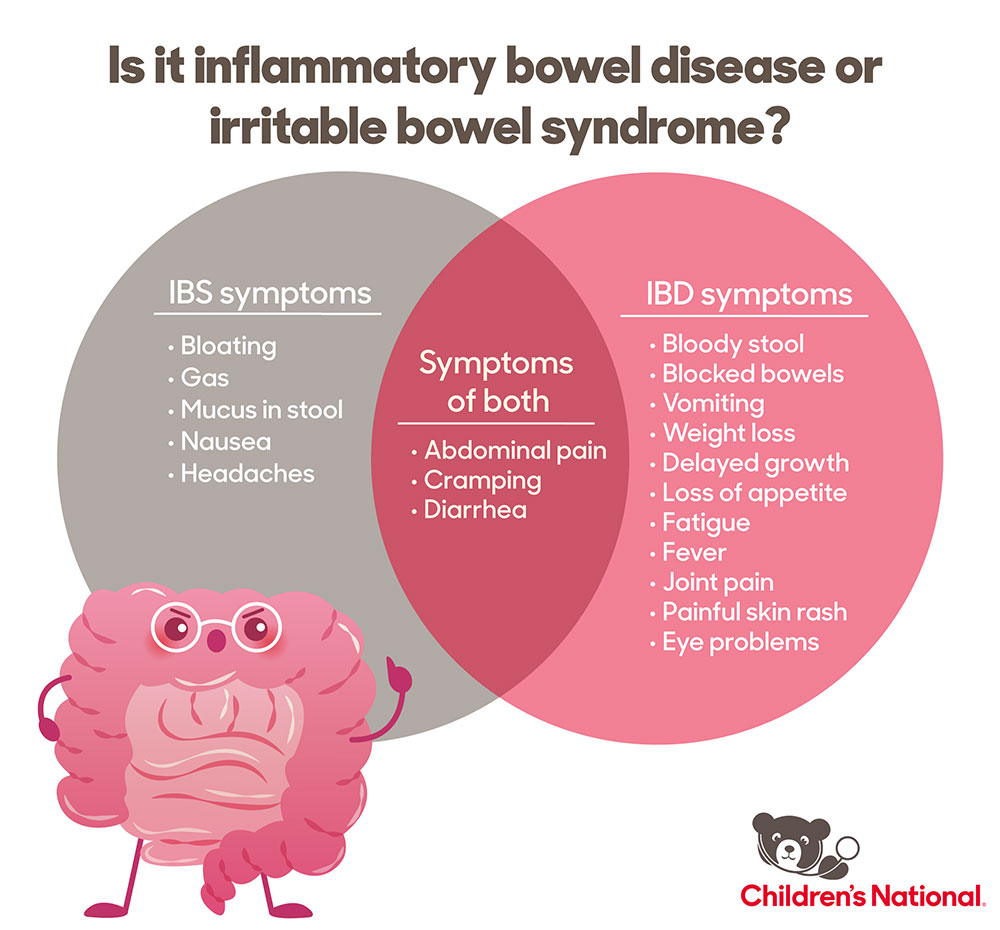
Download our “Is it inflammatory bowel disease or irritable bowel syndrome?” infographic here.
 https://riseandshine.childrensnational.org/wp-content/uploads/2022/07/mother-taking-childs-temperature-feature.png
300
400
Rise and Shine
https://riseandshine.childrensnational.org/wp-content/uploads/2017/11/childrens_riseandshine_logo.jpg
Rise and Shine2022-07-06 10:16:492022-07-07 10:22:50Hepatitis in children
https://riseandshine.childrensnational.org/wp-content/uploads/2022/07/mother-taking-childs-temperature-feature.png
300
400
Rise and Shine
https://riseandshine.childrensnational.org/wp-content/uploads/2017/11/childrens_riseandshine_logo.jpg
Rise and Shine2022-07-06 10:16:492022-07-07 10:22:50Hepatitis in children






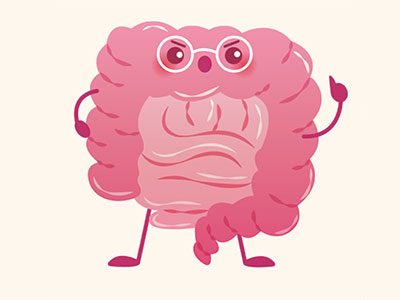





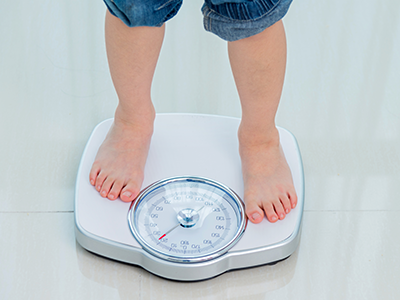
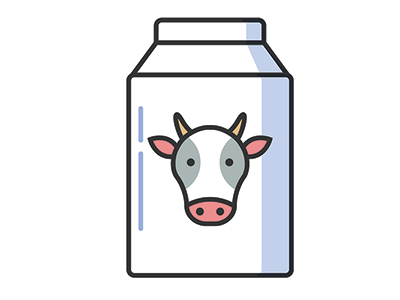
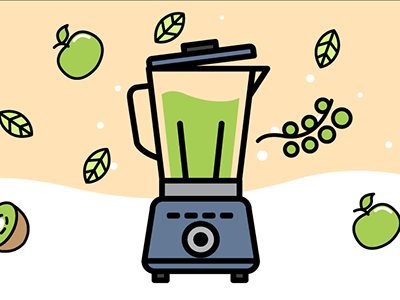







Leave a Comment
Want to join the discussion?Feel free to contribute!